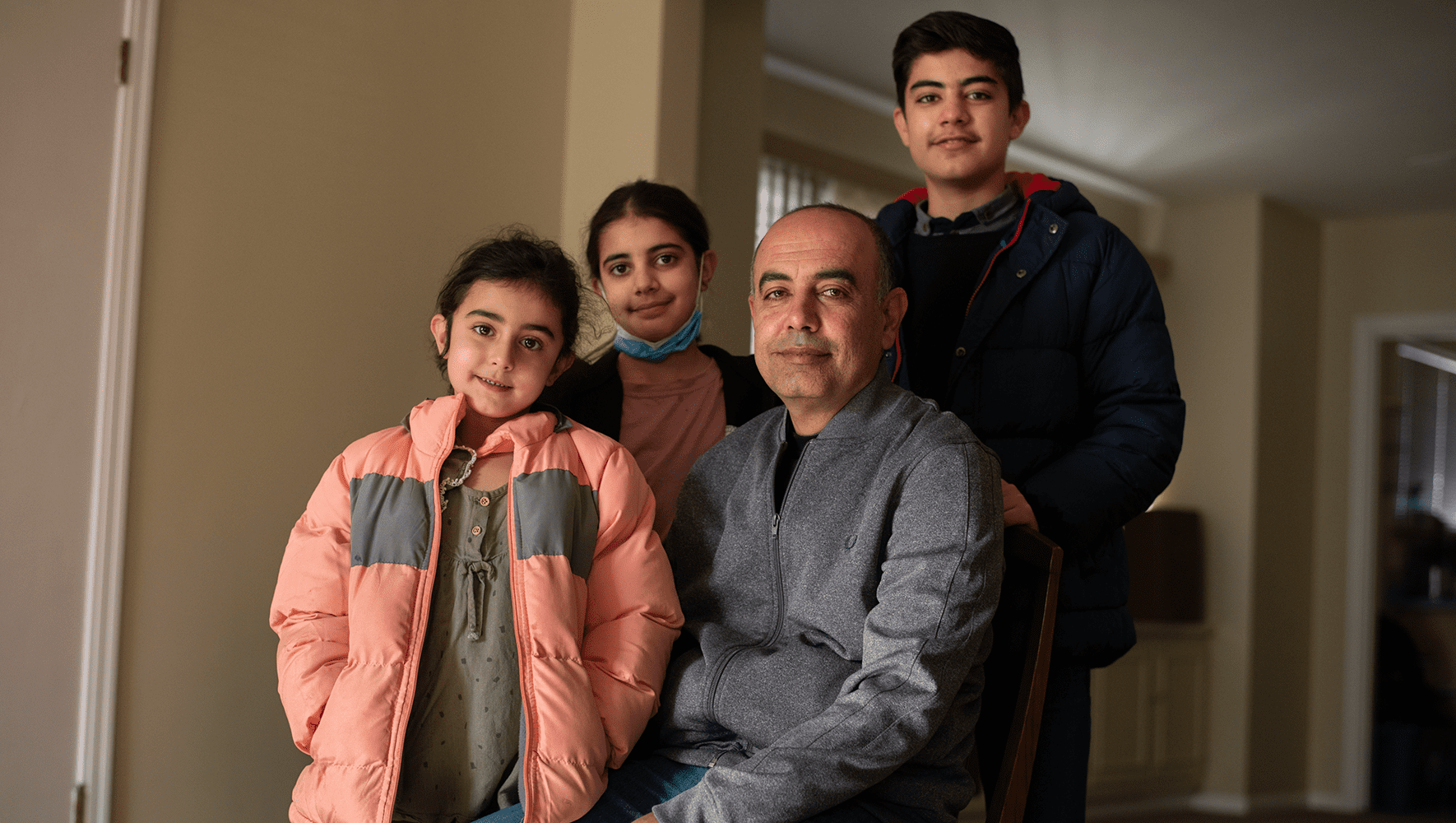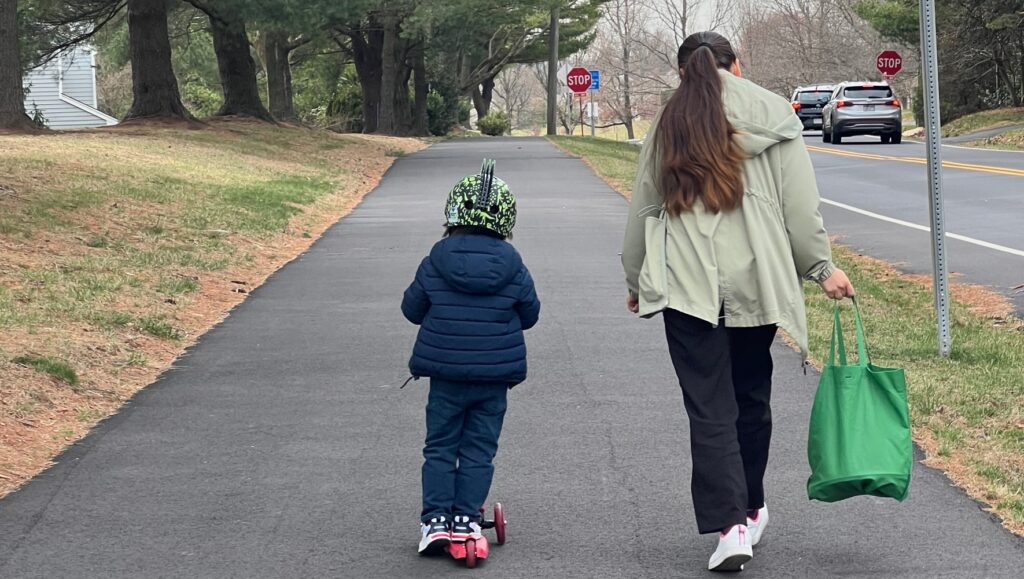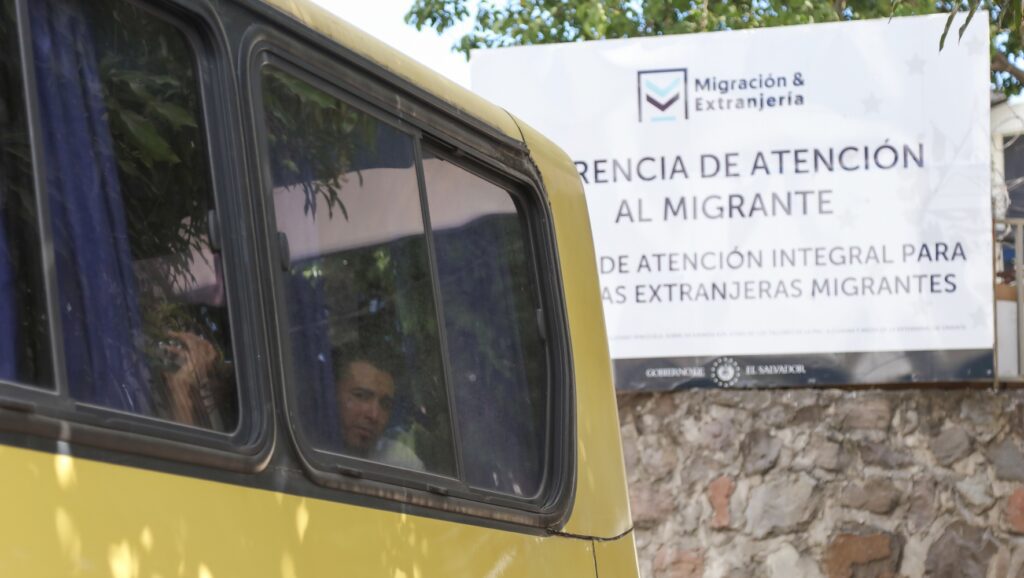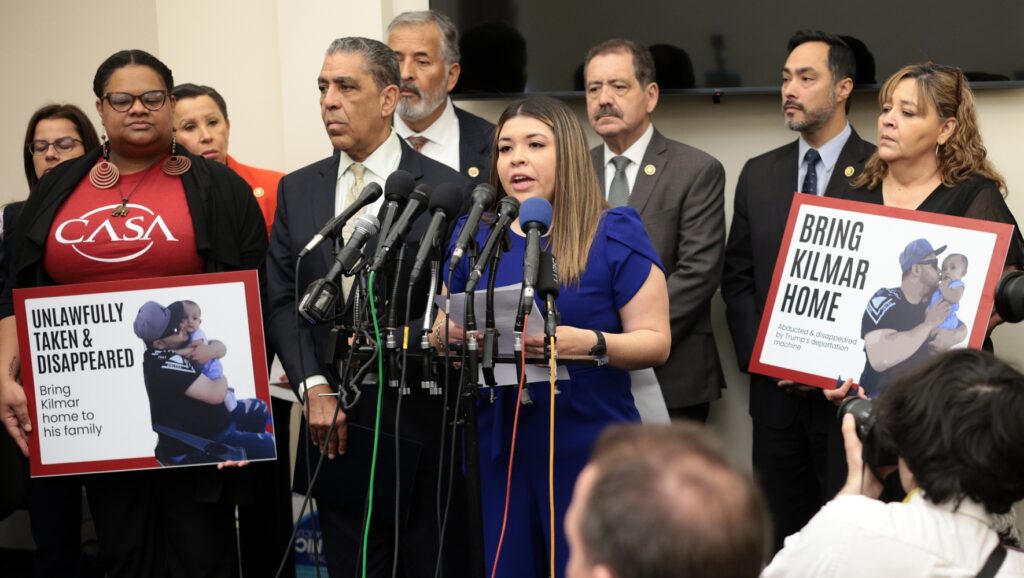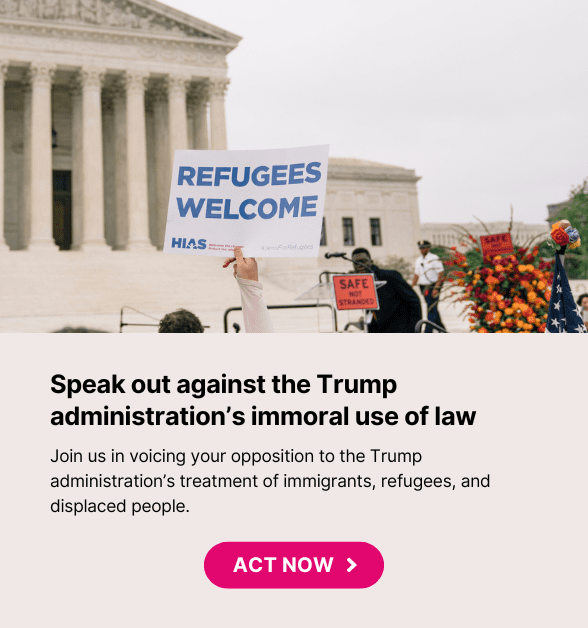Resettlement is a viable option for less than one percent of the 120 million people worldwide who have been forced to flee their homelands due to persecution based on their race, religion, nationality, political opinion, gender, or sexual orientation. Historically, the United States has been among the world’s leaders in refugee resettlement, and this work lies at the heart of HIAS’ mission in the U.S.
We are one of 10 primarily faith-based organizations partnering with the federal government to help refugees start their lives in safety in America. Once refugees are settled into their new homes, HIAS and our partners help them learn English, access employment services, and become part of their new American communities. Through our Welcome Corps, Welcome Circle, and Community Co-Sponsorship programs, HIAS also mobilizes Jewish, interfaith, and secular communities to take an active role in resettling their new neighbors and supporting the integration of refugees.


